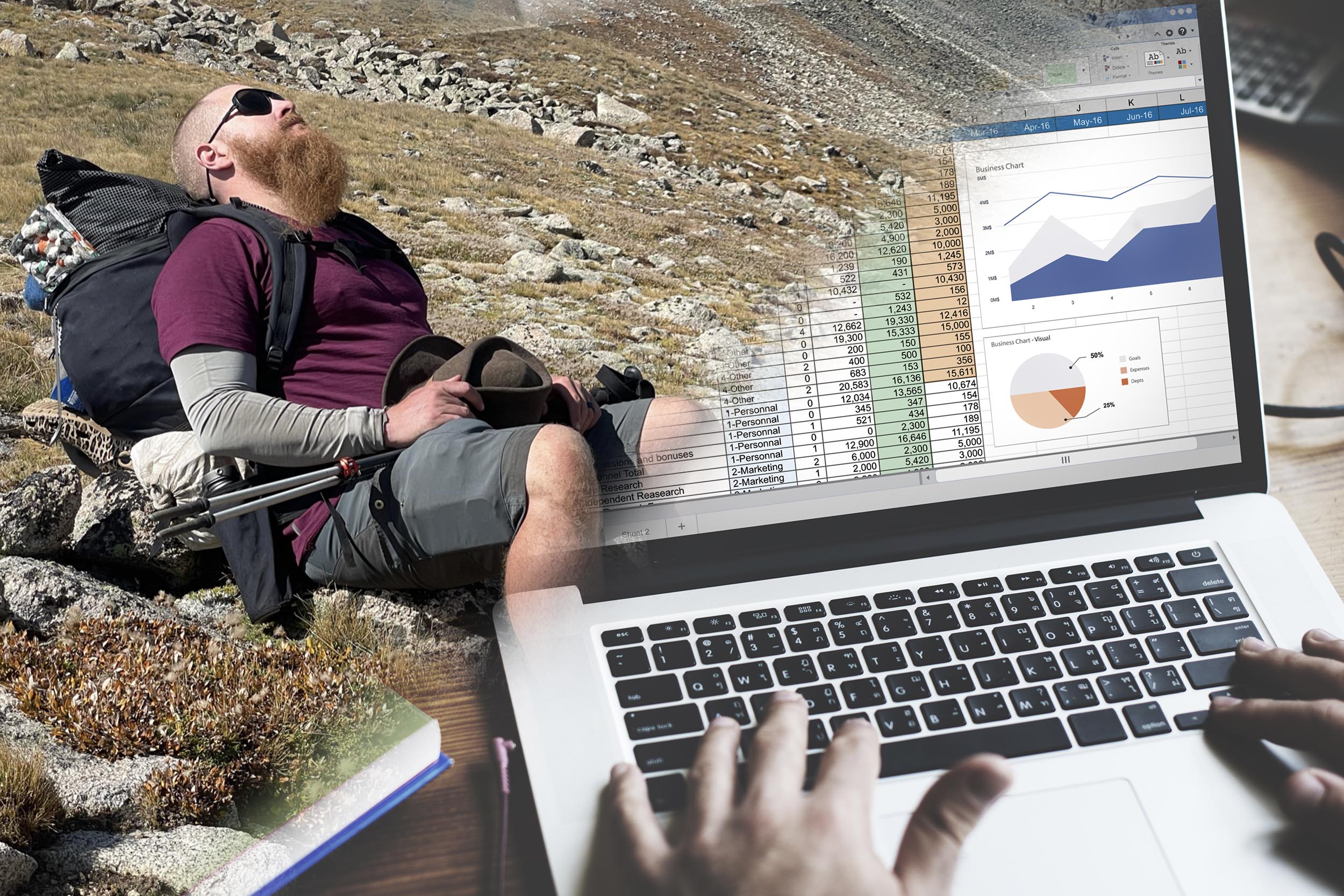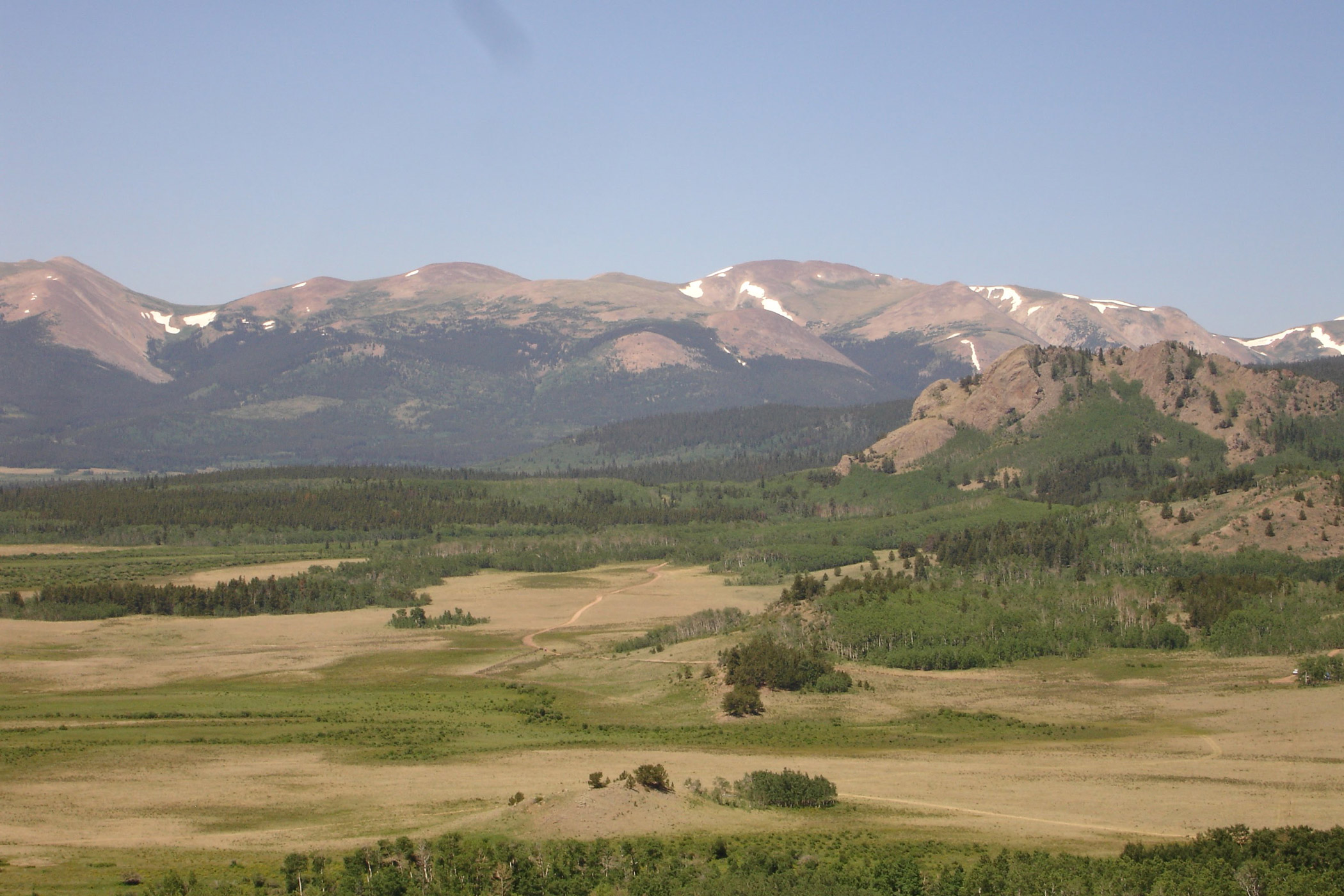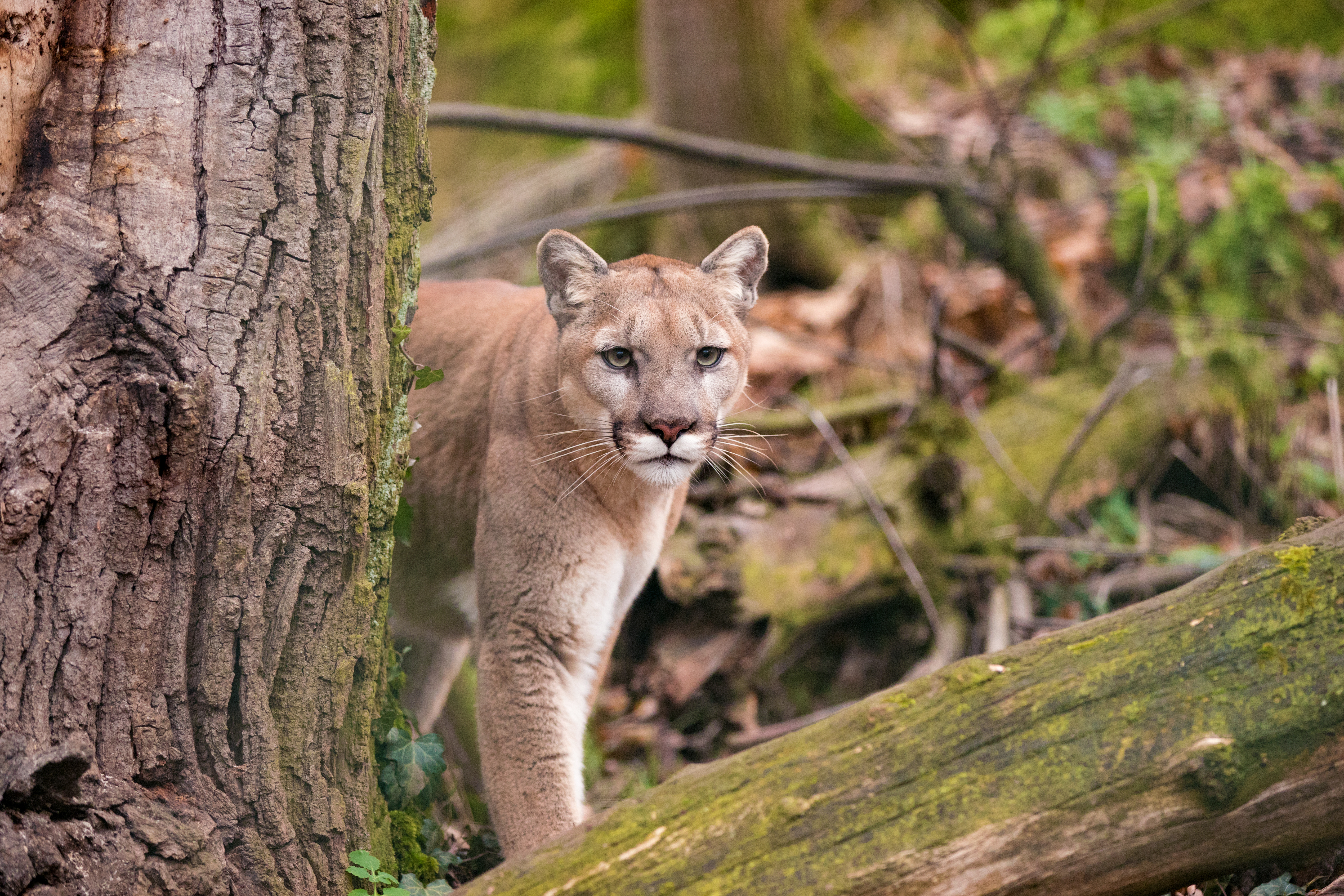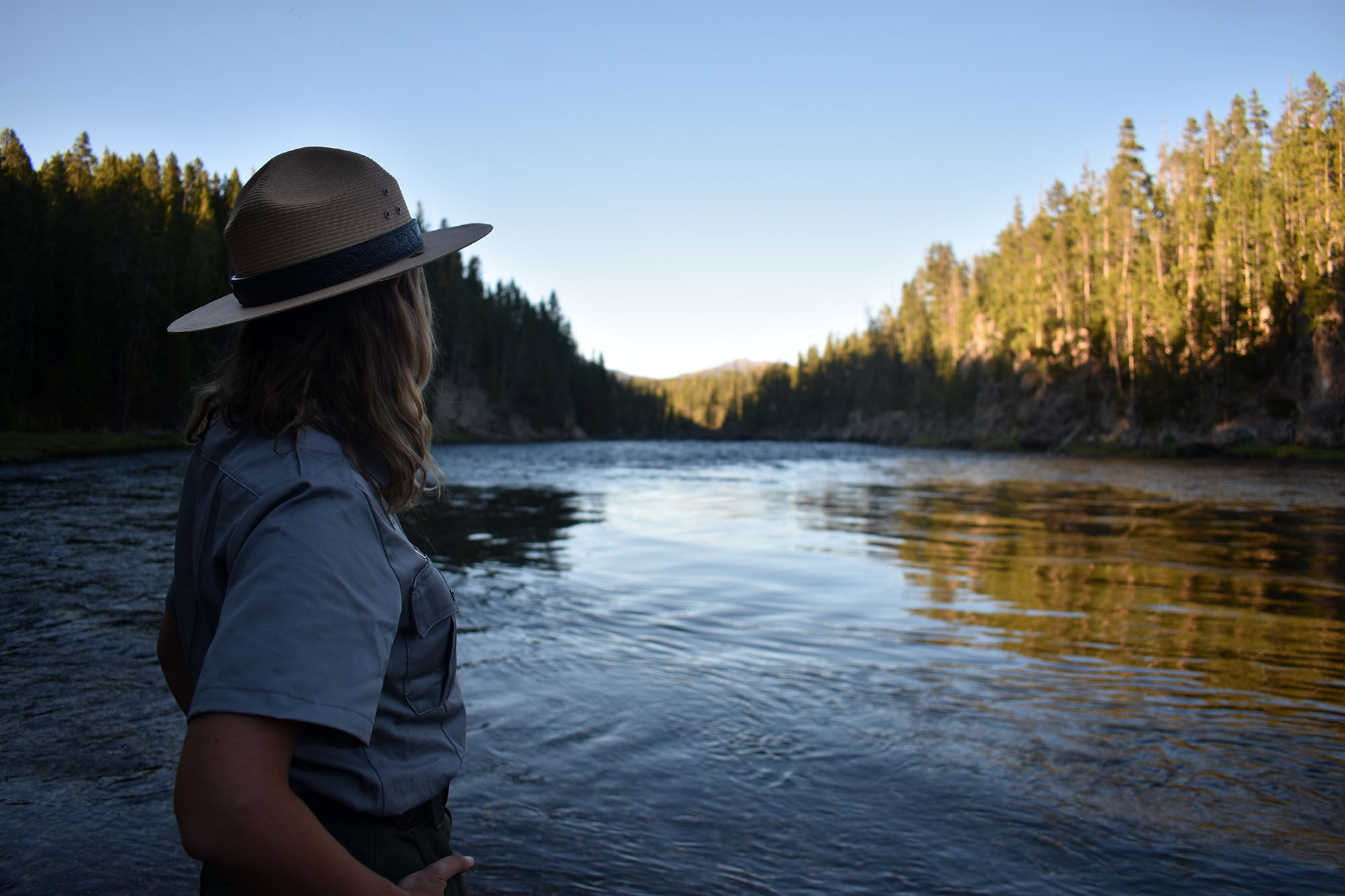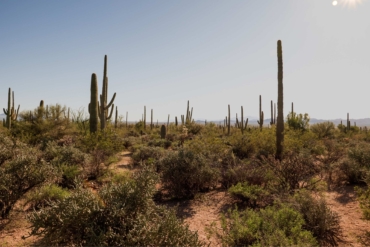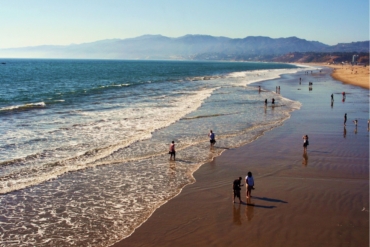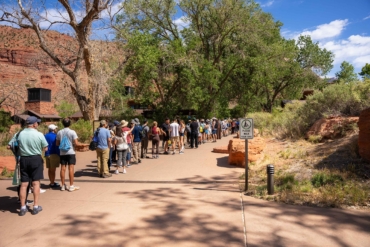“How much does that weigh?”
The question — delivered to me by a lanky older gentleman with a rime of gray stubble on his cheeks and a thousand-dollar GPS watch on his wrist — was unsurprising.
He was referring to my pack, a 50L next-gen model woven from futuristic materials. Waterproof, abrasion-resistant, and cool as hell. The man standing before me sported a pack made of the same stuff. But his was about half the volume, and as soon as I saw its relative size, I knew we’d be having an annoying conversation.
This was a man confident in the righteousness of a spreadsheet-generated base weight. This was a man who wanted to help me. Because clearly, with my (relatively) voluminous pack and aluminum trekking poles, my soul needed saving.
I know what I’m talking about because I used to be an evangelist of this man’s religion: ultralight backpacking. There was a time when I was the guy lounging over my poles, obliquely criticizing a fellow backpacker’s heavy footwear choices.
I had the spreadsheets — oh yes, the spreadsheets — and a collection of pithy little aphorisms about minimalism. “Ounces make pounds,” the saying goes. And even small items (items that brought joy or comfort, but lacked immediate utility) would be left behind as I packed for trips.
Like a bearded, backcountry Coco Chanel, I’d reach into my pack and remove one final item before leaving the house — usually, an item I later regretted leaving behind. And I wanted other people to do the same. For their own good.
But, no longer. Now I’m here to spread a new gospel: Ultralight people need to chill the eff out.
Mamas, Don’t Let Your Babies Grow Up to Be Cowboys Ultralight Backpackers
I say that as someone who still believes in the power of ultralight philosophy to bring enjoyment to backcountry travelers of all types.
At its best, ultralight is a flexible and utilitarian mindset that frees backpackers from sore feet, achy shoulders, and low-mileage days. It’s a skill-based outlook with the ultimate goal of delivering pleasurable pep to every step on the ol’ dusty.
By shedding what is not strictly necessary and reducing the weight (and, by extension, the pain) that many hikers believe is an intrinsic part of backpacking, ultralight backpackers achieve a more intimate, pleasurable connection with the landscapes they traverse. It’s a powerful idea. For some, it entirely changes their outlook on mountain travel. It’s natural and fine, admirable even, to want to share that.
But there’s another side to the ultralight philosophy. One that will swallow you whole if you aren’t careful.
Jonah, Meet Whale
At its worst, ultralight is a forum-driven wasteland of trolls waiting to pounce on every opportunity to prove who’s the smartest — and lightest — person in the room. They’re usually type-A, semi-retired white-collar professionals. Almost always male, almost always affluent, almost always bowing at the altar of titanium and carbon fiber and the latest high-tech fabric.
A lot of them, for whatever reason, are in medical fields. These backpacking dentists turn ultralight into a type of competition, a race that can only be won with a dogmatic set of ideas and a bucket of discretionary folding money.

The Money Pit Tent
There is a healthy, vibrant make-your-own-gear movement flourishing in the ultralight community. It values ingenuity, problem-solving, and affordability. It’s a cool scene, one of the best parts about ultralight backpacking. From these ranks often spring small business owners dedicated to thoughtful design and moderately priced gear.
But existing in parallel is a culture remarkably steeped in materialism and — as a natural outgrowth of that materialism — exclusion. If you’ve got an expendable $3,000 in the bank, an hour’s worth of online browsing can knock significant weight off your back. For these folks, the ultralight philosophy is nothing more than a shopping list.
Light Gear Breaks Down
Added to the cost of ultralight gear is its fragility. It’s an inherent weakness that comes with making things as light and as small as possible.
The aforementioned use of trail running shoes is a timeworn example. Backpacking in trail running shoes has a plethora of benefits. They dry quickly, cause less fatigue than heavy boots, grip the trail nicely, and allow for moisture-reducing (and therefore blister-reducing) ventilation.
But the damn things just wear out so fast. Replacing them two, three, or even four times a year is cost-prohibitive. And that’s not even considering the environmental impacts of such replaceability.
Many ultralighters consider the redonkulous cost of buying ultralight gear — and then replacing that gear — a necessary evil. But for those of us on a budget in these increasingly difficult times, it’s a different matter. What some consider an acceptable gear turnover rate is, for others, a season-ending catastrophe.

And I suspect that some ultralight backpackers secretly consider the cost of the hobby a benefit in and of itself. Some folks gravitate toward the most expensive gear simply because they can. It makes them feel good about their purchasing power and gives them something to brag about, although they may not realize those are their motivations. We all know somebody like that — it’s not an attitude limited to ultralight backpacking (**waves casually in the direction of cycling**).
All of the above is fine in a vacuum. If you’ve got money, you can spend it on whatever you want. And that includes the latest fractionally lighter shelter.
It’s not actually what some ultralight backpackers buy that I find so problematic. It’s what they say.
Your Mileage May Can’t Vary
The roots of the ultralight movement predate the internet. But it didn’t take long for the community to find a home online, growing in popularity as chat rooms and listservs gave way to forums and websites.
And given the internet’s involvement in the movement’s growth, maybe it’s inevitable that things landed where they did: an attitude of casual nastiness to each other, a cultivated condescension to those looking to break into the hobby, and an annoying tendency to evangelize to those who’ve never heard of it.
The casual nastiness is — perhaps somewhat counterintuitively — the easiest to ignore. Blatant rudeness is simple to address, and ultralight websites that use moderators do a good job of keeping it to a minimum.
That being said, on more casual corners of the internet, it’s common to find ultralight backpackers being jerks to each other for no better reason than they disagree on spreadsheet best practices. But you don’t have to participate in these spats, and many don’t.

The Spirit of Competition
Related to this is the tendency of ultralight backpackers to compete with each other. Once you start measuring something (say, the total weight of all your gear), it’s easy to turn it into a contest, however unofficially. This behavior is more complex to moderate because it isn’t intrinsically rude. Luckily. it’s also easy enough to opt out of, as annoying as it is.
The condescending treatment of newcomers to the philosophy is more concerning and harder to avoid. As hard as some ultralighters work to spread the gospel (we’ll get to that in a minute), it’s amazing how rude they can be to newcomers interested in shedding some pack pounds.
Visit any popular ultralight thread, and you’ll see innocent questions met with bored condescension or, at worst, downright snark.
Ultralight Backpacking: Go Tell It on the Mountain
Then there’s what happens in the real world, the behavior I started this essay by describing. As a child of the Bible Belt, I know evangelizing when I see it. More importantly, I understand the motivations behind it. For the most part, it’s coming from a place of concern.
Sometimes this is not the case. Sometimes, as in the forums, folks are looking for an excuse to talk about how light their gear is compared to yours. I’ve bumped into a handful of people like that in the last 5 years or so. But dentists gonna dentist* — by which I mean they will hurt you for large sums of money and then brag about the toys they use your money to buy. Neither thing can be helped.
But there are well-meaning ultralighters who genuinely want other backpackers to have a better time in the woods. I think this is most people. It’s to these good eggs that I now appeal.
If someone notices your nifty little kit and is curious about alcohol stoves, how to set up a tarp, or how you can hike in trail runners without twisting your ankle, by all means, speak the good word. Preach it, brother. Go, as they say in my old neck of the woods, tell it on the mountain.
But if you spy someone with a heavy (or heavier) pack, and they aren’t really interested in your sweet little frameless number, get this: You don’t have to say anything.
Chances are they are quite happy with their camp chair and their hardback book and their double-walled, silnylon, hub-and-pole three-person tent. (Oh the scandal!)
If there’s anything hikers know, it’s that there are almost always a dozen ways to get everywhere. Let’s start acting like it. We’ll all, I think, be a little happier for it.
*If you are a dentist and take umbrage at this, I understand. Be a little freer with that painkiller; I’ll consider revising my views. ‘Til then, I remain firmly anti-dentite.
